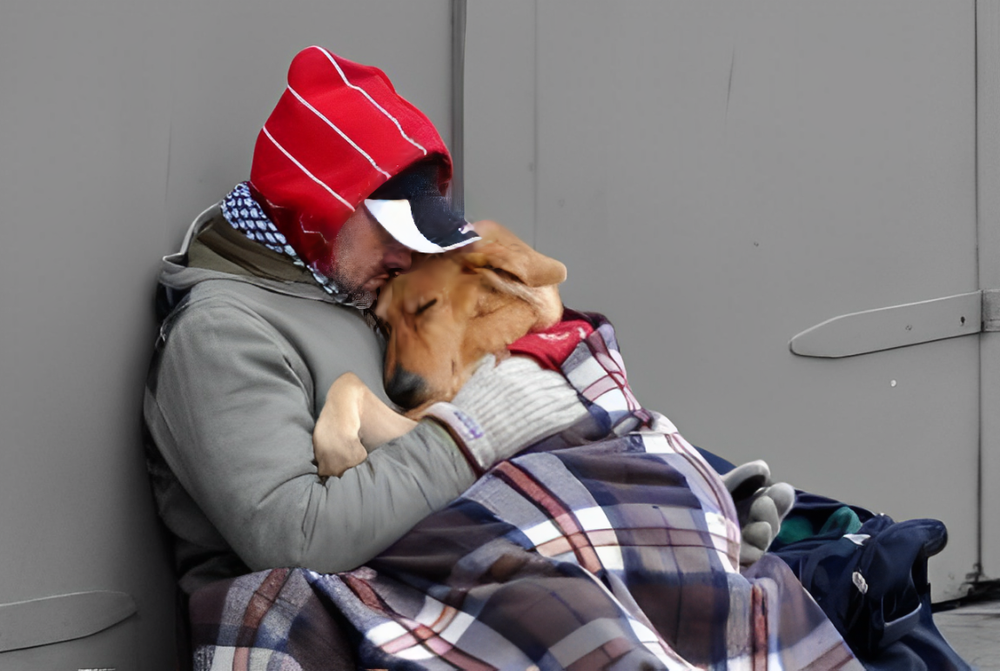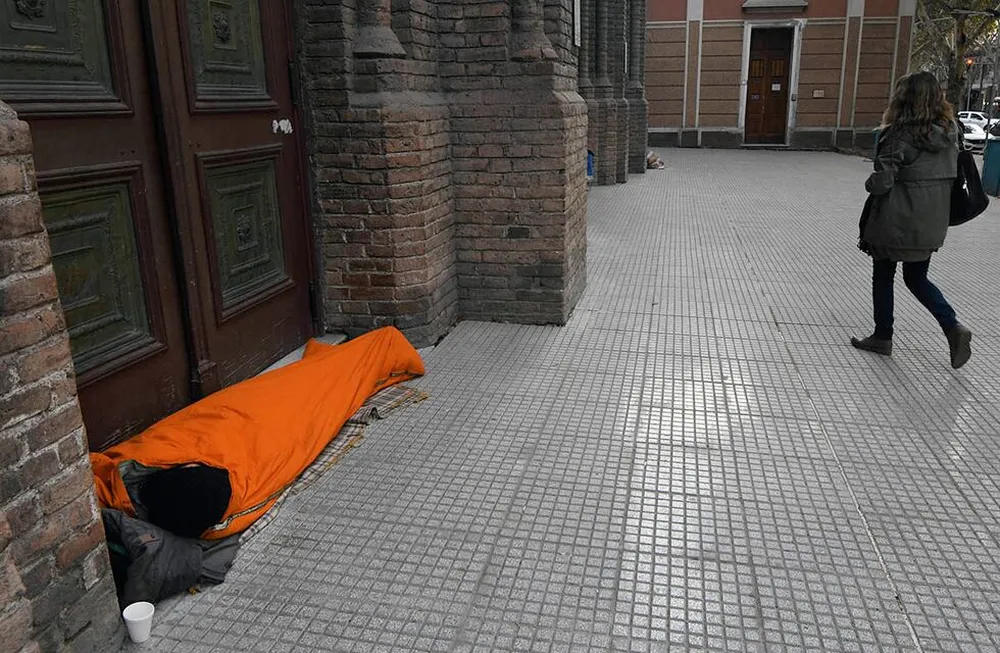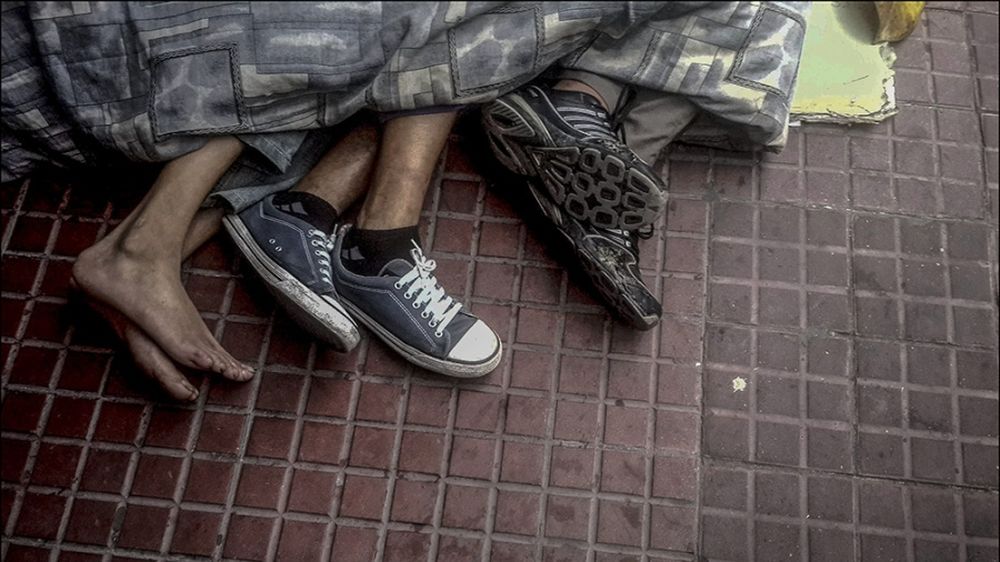There are now 63 homeless people who died in 2025 and they report abandonment by the State.

Organizations denounce that the deaths are not isolated incidents, but rather a consequence of state neglect and the lack of public assistance policies.
So far this year, at least 63 homeless people have died in different regions of the country, 13 of them in the city of Buenos Aires, according to a joint survey by CELS, the Popular Assembly for the Rights of Homeless People, and the Sociability on the Margins group of the UBA School of Psychology. The report warns of the deterioration of public policies and exposes a reality marked by neglect , institutional violence, and the depletion of assistance services.
Luna Miguens, director of the Land, Housing, and Economic Justice team at CELS, noted that the recorded deaths provide a measure of the collapse of the housing system and the lack of structural measures. Speaking to Noticias Argentinas , she stated that "in the last two years, we have seen a policy of addressing poverty with a punitive, stigmatizing, and discriminatory tone," and criticized the use of official discourse that associates poverty with disorder. In particular, she questioned publications by Buenos Aires Mayor Jorge Macri, in which he depicts eviction operations as part of "order and cleanliness" policies.
Homeless man with his dog on the street

Illustrative image
State violence against homeless people has increased alarmingly, according to figures from the Buenos Aires City Public Defense Office. Between 2024 and 2025, reports of institutional abuse increased by 128%, a figure that CELS corroborated in interviews with some of the 11,892 people registered in Buenos Aires. "They are thrown out, their belongings are stolen, they are persecuted and harassed," explained Miguens, who warned of an official narrative that obscures suffering and promotes systematic expulsion from public spaces.
Despite an increased budget for shelters, organizations report that the approach remains limited and often violent. The facilities that provide beds, showers, and food fail to meet demand or guarantee decent conditions. "It's still a very superficial approach," explained Miguens, referring to the mistreatment, overcrowding, and constant expulsion of people from these spaces. The result, they say, is that many people prefer to sleep on the streets rather than be mistreated in shelters.
There are about 350 people on the street at El Gran Mendoza.

The situation is worsening with recent decisions by the national government. Through decree 373/2025, published on May 30, the state 's responsibility for the National Law on Homeless Persons was waived and management of the problem was transferred to the provinces. "Instead of strengthening access to essential services, the government decided to subsidize services based on the situations presented by each governorate," explained CELS, which interprets the measure as a setback in the development of a comprehensive federal policy.
At the same time, the institutional structure responsible for direct care was eliminated, and key public agencies were dismantled. Among them, the Socio-Urban Integration Fund, which financed projects to improve working-class neighborhoods, is under threat of closure. "We are in litigation to ensure that it is not closed or defunded," confirmed CELS officials. At the same time, in the City of Buenos Aires, the Housing Institute's budget was cut by 28%, directly impacting those awaiting housing solutions.
street.jpg

The increase in the number of people living on the streets must be understood within the context of deliberate state withdrawal. This is not just a lack of resources but a political decision to dismantle public instruments that guaranteed minimum levels of social protection. Stigmatization, the criminalization of poverty, and the expulsion from public spaces are part of a logic that advances without offering real or sustained alternatives.
The organizations demand an urgent response and denounce that the deaths are not the result of a climatic accident or an individual situation, but rather the direct consequence of state decisions. Without housing policies, access to healthcare, adequate shelters, or constant assistance, homeless people are left to their fate in increasingly extreme conditions.
- Topics
- people
- Deaths
- Abandonment
- Complaint
- State
losandes

%3Aformat(jpg)%3Aquality(99)%3Awatermark(f.elconfidencial.com%2Ffile%2Fbae%2Feea%2Ffde%2Fbaeeeafde1b3229287b0c008f7602058.png%2C0%2C275%2C1)%2Ff.elconfidencial.com%2Foriginal%2F324%2Fbdf%2Ff89%2F324bdff8928e672c51506b840d635540.jpg&w=3840&q=100)


